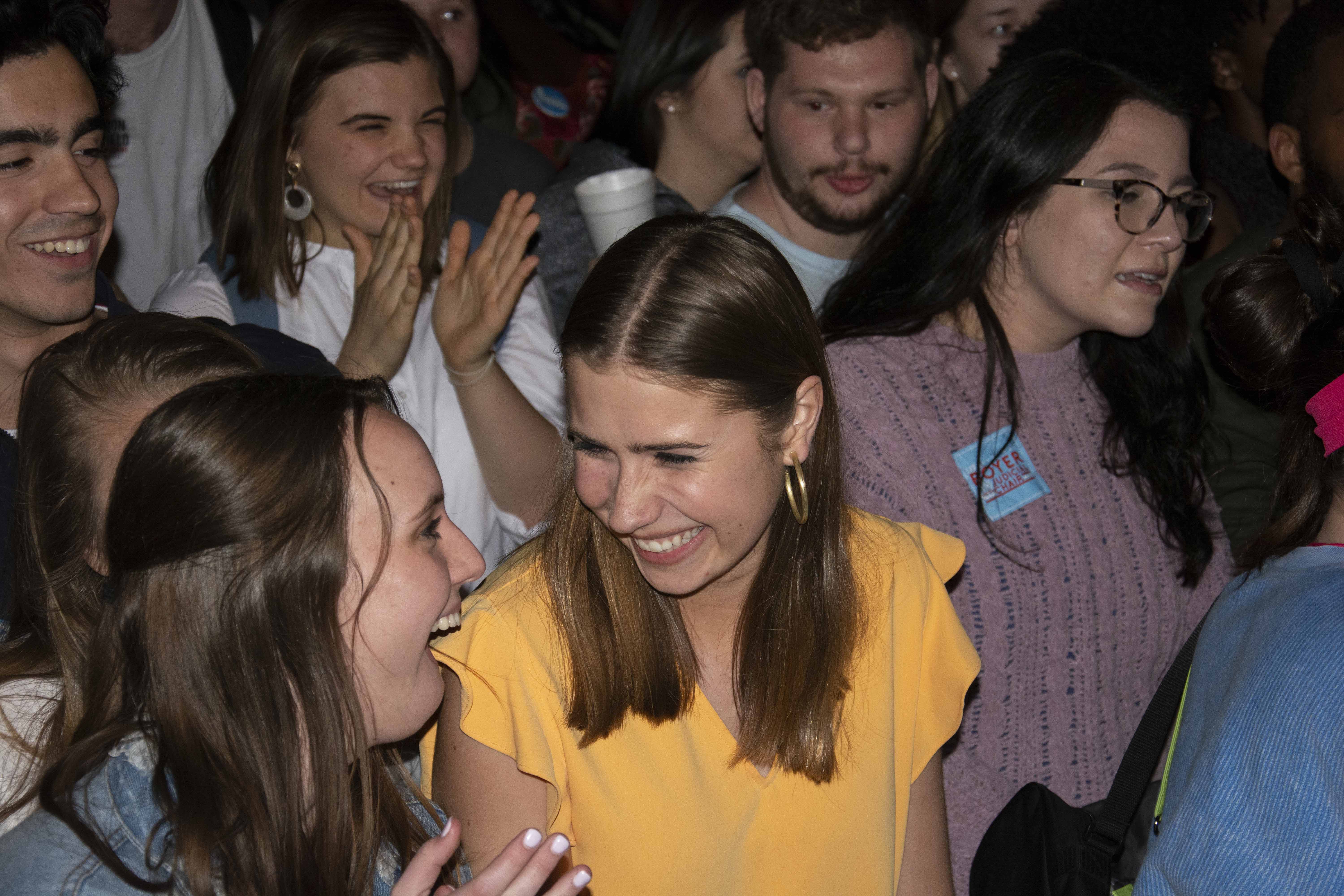For the first time since the state Institutions of Higher Learning (IHL) Board of Trustees approved the implementation of a $5-per-semester student activity fee in 2015, the university will change how it allows the Associated Student Body to distribute the funds. A portion of the fee will now be dedicated to diversity, equity and inclusion programming and another portion will create a fund to encourage cross-organization collaboration.
“Over the past three years I’ve been working in treasury, I’ve been looking at the first student activity fee proposal. This doesn’t really apply to what we’re using this funding for anymore, and stuff has really changed,” ASB Treasurer Gianna Schuetz said.
Schuetz said she initially wanted to revamp how her office could distribute funds to incentivize student organizations to make greater commitments to diversity and inclusion.
“This idea came up this summer when all of the movements with Black Lives Matter got louder,” Schuetz said. “I knew this was something that was obviously very important, and it’s clear on our campus that this is a big need.”
ASB president Joshua Mannery supported Schuetz in her efforts and said he felt that this new way of distributing funds falls in line with the commitment he made in the fall to focus on “repair” for minority communities at UM.
“One thing I realized last semester is that no matter how hard we try to connect with students, hear students and serve students, there is still so much more work to be done,” Mannery said. “COVID has taken away a lot of opportunity for us to flex the ideas for the big changes we had, but one thing, if nothing else, that’s been apparent is that commitment to (diversity, equity and inclusion).”
While promoting diversity and equity education was Schuetz’s focus, she had also seen significant amounts of money “left over” from the student activity fee every semester and wanted to address that issue.
“We used to limit the amount of each request funded to 75% for food requests and then 80% for all other requests. Now, that’s going to be 95% for all requests,” Schuetz said. “We’re significantly increasing the amount of funding organizations can get.”
While registered student organizations will be able to request up to $6,000 in funds for events, speaker fees and other operational costs, they will also be able to request an additional $2,000 for diversity, equity and inclusion programming. The rest of the money will be placed in a “competitive fund,” and organizations will submit competing proposals each semester to have access to it.
“We’re asking organizations to collaborate, so at least two organizations have to come up with an idea for a big event on campus,” Schuetz said. “They can put on a huge event for all of campus, like a big concert, a big festival meant for all students to be able to go and participate.”
After a month and a half of taking submissions, Schuetz said her office will decide a winning event to fund each semester.












